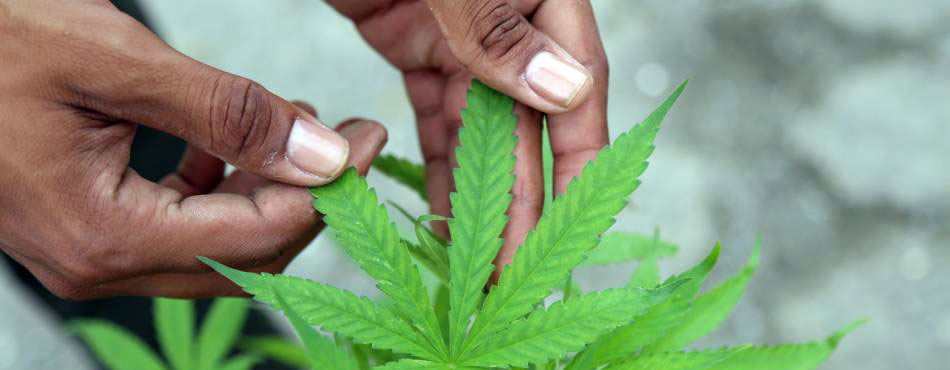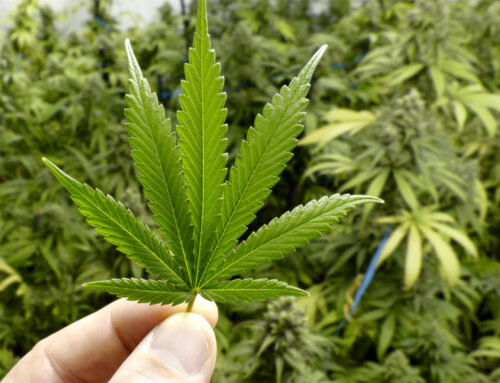People who use cannabis, whether ingested or smoked, may have a lower susceptibility to diabetes due to the metabolic disturbances caused by the plant in the body
The disease is directly related to obesity and both diseases are impacted by the two cannabinoid receptors that we have in the brain and that, in contact with marijuana, “maintain a balance in the metabolism of glucose.”
“It has been shown that cannabinoids in our body prevent or improve diabetes and prediabetes,” said the doctor, lamenting that the very low number of studies in this regard keep “in the uncertainty.”
A priori, the stimulation of CBQ1 receptor and to a lesser extent of CB2 by Delta9 THC, a psychoactive component of cannabis, as well as endogenous cannabinoids, “increases our appetite, promoting adipogenesis”, that is, the generation of fat in the body.
“This increases the risk of cardiovascular diseases prior to the formation of type 2 diabetes,” explained the doctor at a press conference at the American cannabis fair Expoweed 2017, which was held in Mexico City.
Type 2 diabetes is one that originates multifactorially, different from type 1, caused by exclusively genetic reasons. Knowing this, it was logical to think that if marijuana opened the appetite “the person who will consume smoked THC will eat more”.
However, a lower prevalence of obesity was associated with a higher frequency of cannabis use, according to the study by The Third National Health and Nutrition Examination Survey of the United States, cited by the doctor.
In addition, Delta9 THC “is associated with low body mass index”, avoiding obesity due to metabolic acceleration.
“Not only the consumption of THC reduces weight”, but the change in metabolism that causes the substance predisposes the person to a change in life habits, “and diabetes is a disease very related to lifestyle” , Restrepo said.
Likewise, insulin sensitivity increases, and “therefore it is protecting us from hyperglycemia,” he added. “It decreases glucose, adiposis and obesity,” he said, although he pointed out that more studies are required since “cannabinoids act in a very individual way”, depending on the organism.
Likewise, he warned that if a person stops using cannabis and then starts consuming again, there is a metabolic imbalance that “increases insulin resistance”.
To conclude, the researcher explained that studies are needed with adequate epidemiological and statistical designs.
“Government entities are based on controlled and randomized studies with a follow-up of eight years to approve a drug,” he said, clarifying that he sees little interest in financing more studies on marijuana and diseases.







